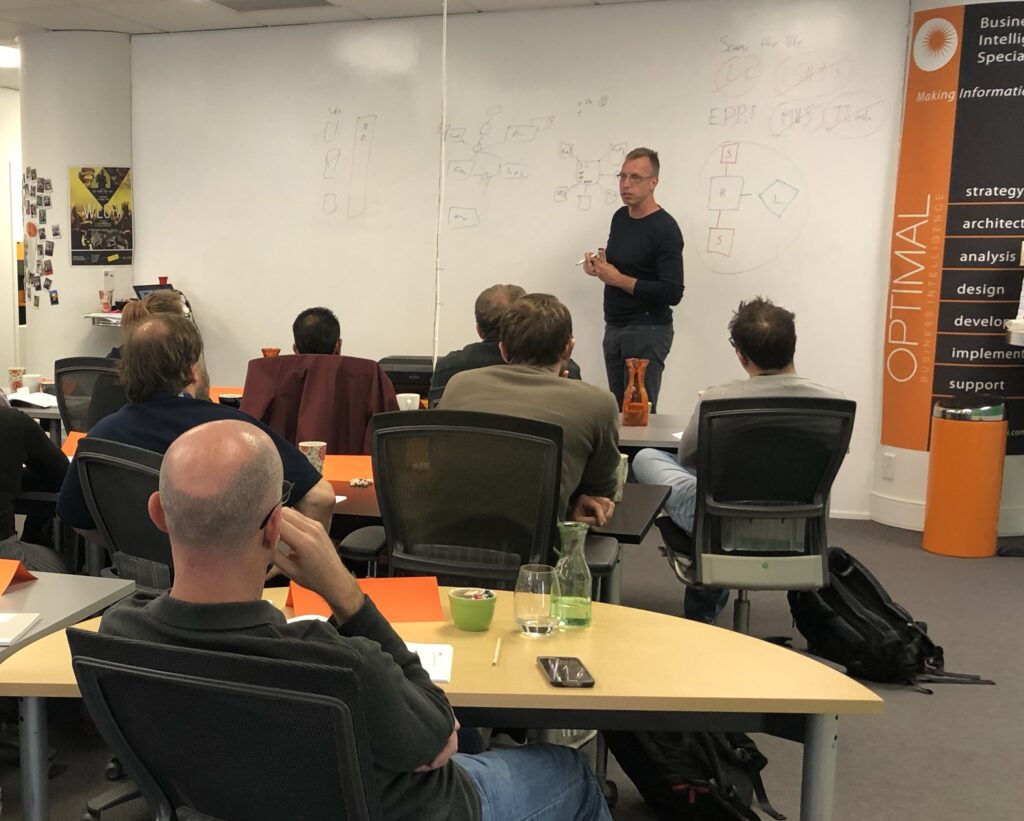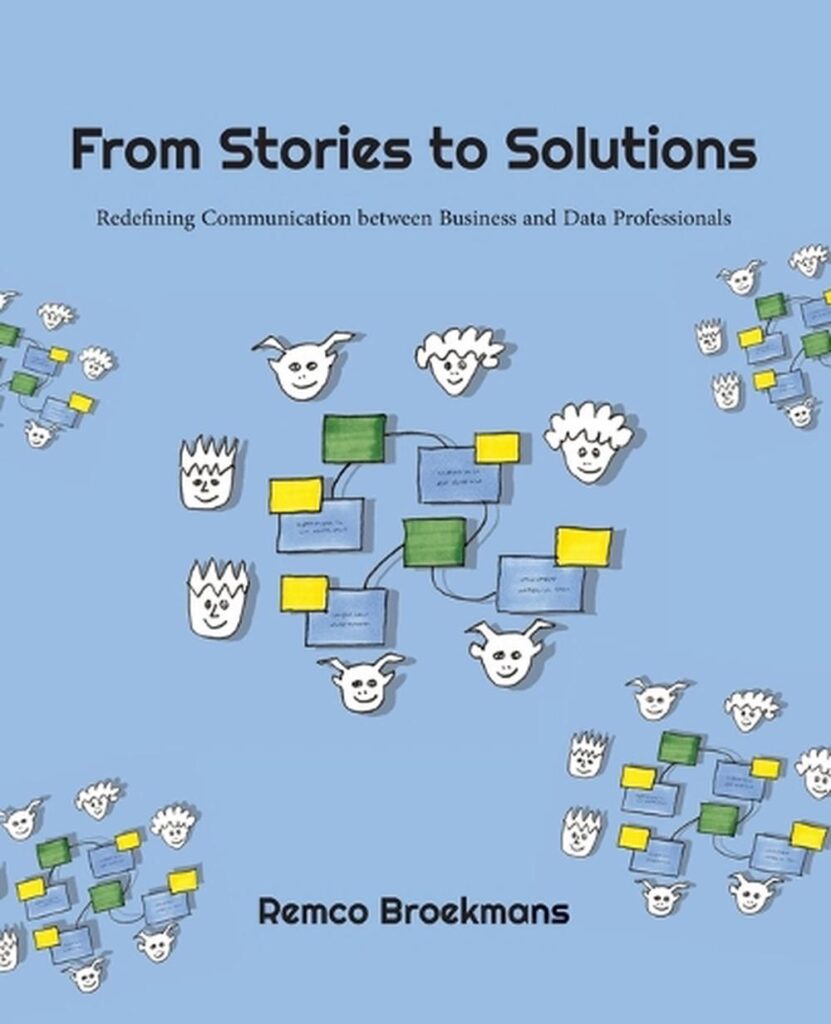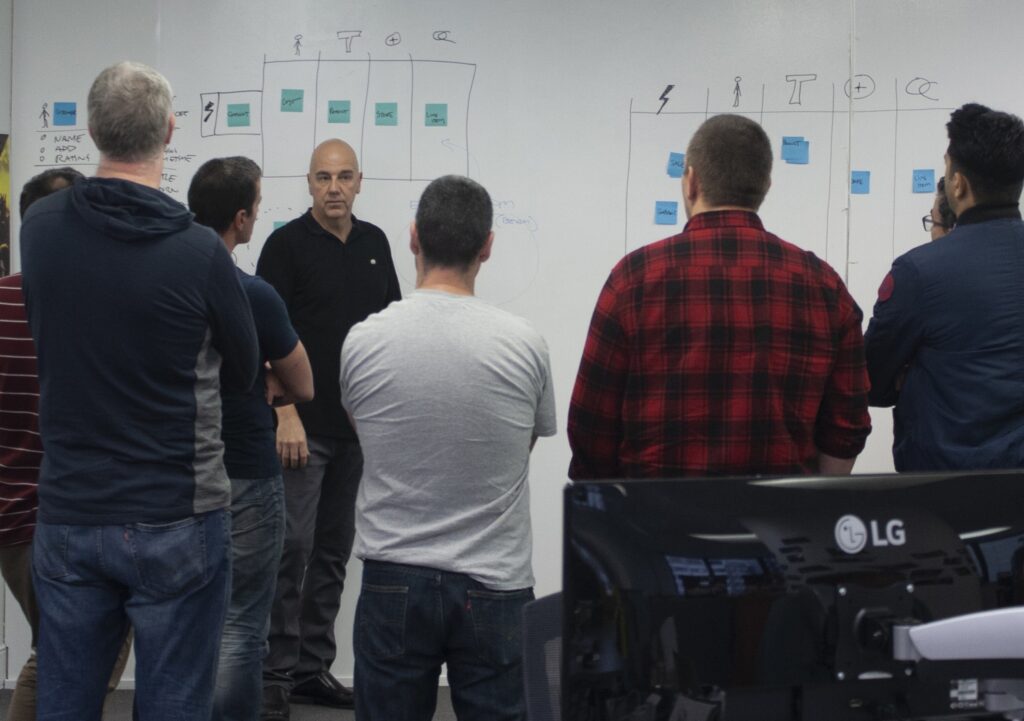The Ensemble Logical Model is an enterprise-wide business model which, in an agile way, maps the business concepts within a given organization into an agile and adaptable model. – Remco Broekmans, LLC Author of ‘from Stories to Solutions’
Data only makes sense in the context of the business. Data specialists perform the best data analysis and find the best insights when they understand the ins and outs of the subject area and business processes. It takes a lot of time for a new data analyst to not only become familiar with the business but also to be able to navigate the available datasets in search for specific information. The data warehouse is the ultimate congregation of all of an organisation’s datasets; it is closely aligned with the business processes and can save the overhead of unnecessary, repeatable work of mapping business knowledge with technical metadata. If the data model of the data warehouse is captured correctly, it visualises the backbone of the business and is easily navigable to staff with any technical levels, including none.
The Data Vault data modelling method was envisioned over 25 years ago and has been successfully used internationally in data warehouses of all sizes. Although the idea of aligning Data Vault objects with core business concepts was the foundation of this methodology, there were variations in the exact strategy for gathering the required business information to achieve that.
Traditionally the domain of gathering business requirements belongs to the business analysts. However, finding one who has experience in collecting data requirements in a useful format is always a huge challenge. While the business analysts I usually work with are good at documenting business processes, the details they collect are not enough for data modelling. In such an environment, getting the required information becomes a challenge as direct communication between IT people and SMEs is discouraged; the preferred way is to have a BA act as a translator between technical slang and business knowledge.

Hans Hultgren and Remco Broekmans came up with the idea of running Data Vault modelling workshops with business people based on their experience a few years ago. I first heard about this idea of Ensemble Logical Modelling (ELM) in 2018. Remco shared the concepts of this methodology and templates for the workshops back then, providing us with a strong basis to run such business-driven data modelling workshops ourselves. I was absolutely thrilled to see that he finally released the long-awaited book that encompasses his experience of running such workshops for many years.
His book, “From Stories to Solutions”, is easy to read and follow. It can be understood by both sides of the business that are required to be present at these workshops: business SMEs and technical experts. A couple of chapters would provide business representatives with background information on why such workshops are required and what would be expected from them. It is understandable that they may be intimidated by having technical people in the same room and would be scared that they could be asked questions in technical jargon that they don’t even understand. The book explains that these workshops are led in a business language and there is no need to be nervous. It would familiarise non-technical people with the types of information that technical experts are looking for. The light tone of the book also hints that ELM workshops are fun and often accompanied by coffee and stroopwafels (or doughnuts in different parts of the world) if held in person.

Remco describes not only the structure of the series of workshops required to model a modern data warehouse from scratch, but also provides time estimates on the effort required to turn the extracted knowledge into the actual data model and guides the facilitator through potential challenges. The first workshop in the series is required just to collect the list of the core business concepts; it is more challenging than you’d think it is! The subsequent workshops collect further details about business concepts and events. Depending on the group dynamics and uncovered information, the exact number of workshops required to fully capture enough details is hard to predict. However, as each workshop produces a well-measured and understandable result, it is guaranteed that all participants will see the value immediately and totally enjoy the process.
Each workshop is equipped with one or a couple of templates to fill in to gather the requirements in the most productive way. I can see that the templates developed over time and have been extended with useful details to gather at a specific time in the process. Remco provides a detailed description of each template and gives tips on how to get the required information from the business in the most efficient way. He also provides a link to the downloadable version of those templates that can be printed out or copied to a Miro board prior to the workshops.

At the end of the book, a potential facilitator can find the use case: a series of imaginary ELM workshops with the plant shop Willibald, which decided to design and build a data warehouse. I found it very useful as one can familiarise themselves with the process of running ELM workshops without attending one.
I really hope that I’ll have the opportunity to run those workshops myself soon; with the updated templates and new information in my tool belt, it should be even more fun and easy.








